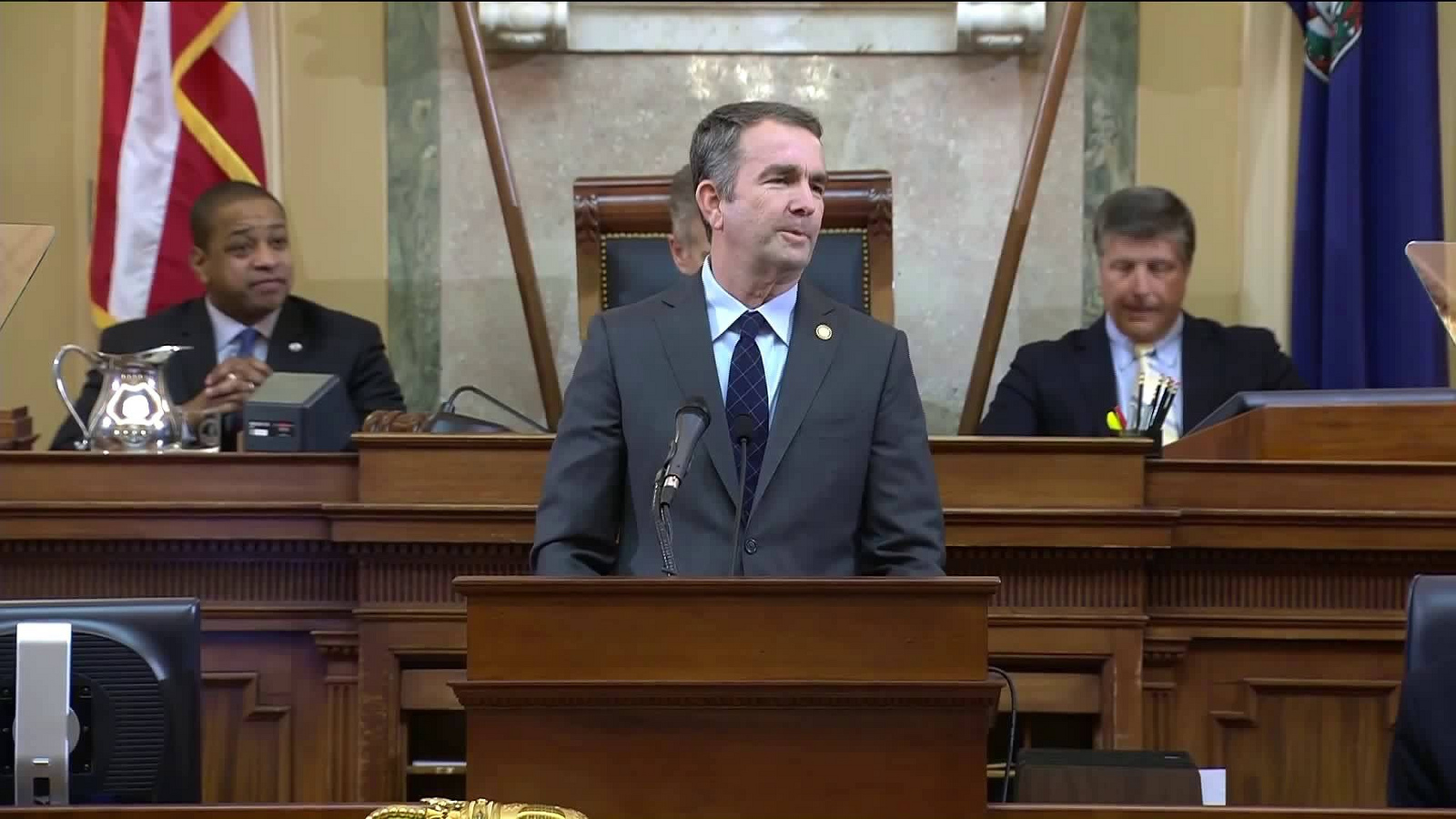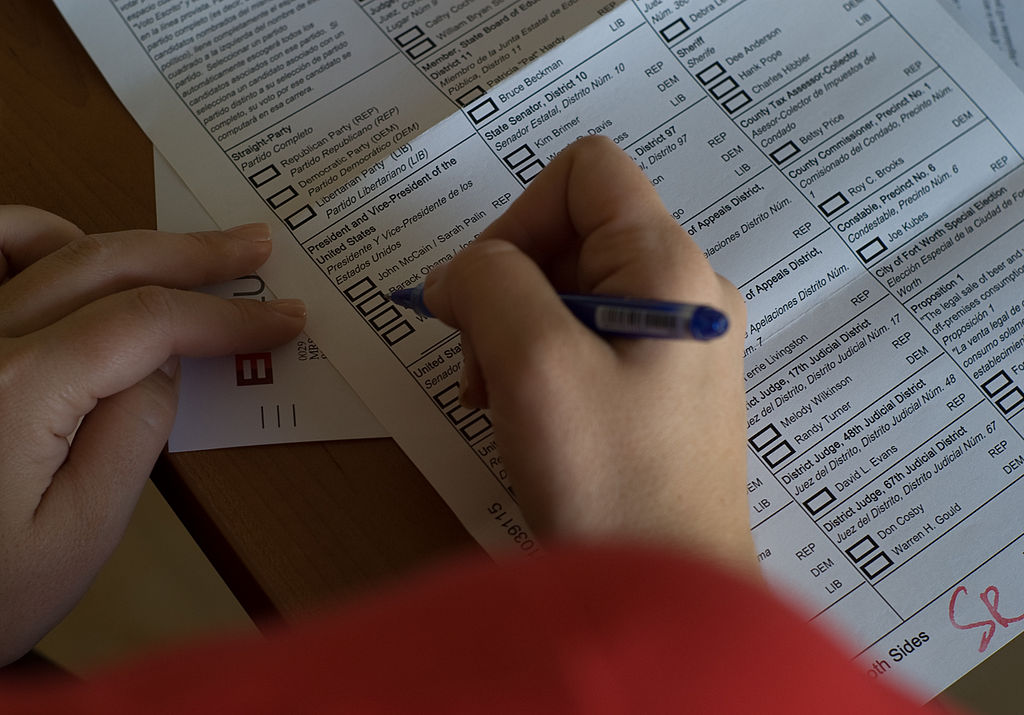Back when I taught philosophy, certain students — often the ones most interested in the subject — would invariably confront me at the end of the semester with the same complaint. “I’ve read brilliant arguments for diametrically opposed positions,” they would say, “and I’ve read brilliant critiques of every argument. Now I don’t know which position to choose. And if I can’t choose a position, what was the point of working through them all?” At the time, I didn’t have a good answer for them. I think I have a better answer now — more on that in a bit — but I fundamentally sympathize with their complaint. There is, indeed, something futile about academic philosophy. Or so I will argue.
I left professional philosophy two years ago for a variety of reasons, but mainly that, after three years on the job market, the prospect of securing a tenure-track position at a decent institution appeared dim. Since then, I have had some time to reflect on what I decided to do with my third decade on Earth. I’ve concluded that I’m very happy to have studied philosophy for over ten years, but that I do not in any way regret leaving the profession. In this column, I will explain why I feel this way. Part of the explanation comes back to my students’ complaint.
First, why was getting a PhD worth it for me? I came to graduate school with a burning desire to answer two questions that had puzzled me since high school: what is the nature of moral facts, and what is the true ethical theory? (I didn’t use this language in high school, of course).
After spending a decade thinking about the various answers philosophers have mooted, I arrived at conclusions that remain reasonably satisfactory to me. Even leaving aside the friends I made, the brilliant people I got to talk to, and the other things I learned, getting those answers alone made the experience worthwhile.
I am, however, all too aware that the answers I’ve come to, and the arguments for them that I find convincing, strike a good proportion of academic philosophers — many much smarter and more able than I — as less than compelling. Some have even said so in print. I would expect no less from philosophers, since they are trained to analyze arguments — particularly to see where they may fail.
This leads me to why I don’t regret leaving the profession. The problem is not that I dislike disagreements. The issue I have with academic philosophy is that most of the discipline’s research questions are inherently unresolvable. By “resolution,” I mean the provision of answers or solutions which the preponderance of the available evidence and arguments favor over all others.
In other words, academic philosophy’s questions do not remain unresolved because they’re hard, or because we just haven’t discovered the best arguments or sufficient evidence yet. They are unresolvable in principle, because of their very nature.
Among my reasons for thinking this is that most of the basic questions in academic philosophy have remained pretty much the same for over 2000 years. I’m not an expert in metaphysics or epistemology, but I can confirm that this is true with respect to the most important questions in ethics. Moreover, many prominent contemporary answers to these ethical questions can be found in some form in the classic ancient texts. Jeremy Bentham may have invented the term “utilitarianism” to describe his ethical theory, but the same basic approach can be found in Platonic dialogues and the gnomic pronouncements of Epicurus. And really, if Bentham, John Stuart Mill, Henry Sidgwick, J.J.C. Smart, G.E. Moore, either of the Peters (Singer and Railton), James Griffin, Walter Sinnott-Armstrong, or Richard Brandt — among many, many others — have not come up with arguments for consequentialism that establish it as the theory more likely to be correct than all the others, how likely could it be that such arguments are still out there, waiting to be discovered?
The fact of continued disagreement over these fundamental questions among some of the most brilliant minds of many generations is at least suggestive that these issues will never be resolved — and not because they’re just hard.
Before I explain why I think this fact may make much of academic philosophy pointless, I must observe that judging by their conversation, some philosophers are not willing to concede the essential irresolvability of philosophical questions. I have actually met Kantians who think deontology is not just the right ethical approach, but obviously the right approach. You’d have to be crazy to be a consequentialist. I don’t know how seriously to take this talk; it may be partly explained by various institutional and cultural incentives to engage in intellectual chest-thumping. Still, the fact of persistent disagreement highlighted in the last paragraph surely makes the view that deontology — or consequentialism or virtue ethics — is obviously the correct approach to ethics somewhat farcical. You’d have to be crazy to think plausible answers to deep philosophical problems are ever obviously true or false.
The reason I think that the irresolvability of philosophical problems makes academic philosophy substantially pointless is that academic disciplines that purport to be in the business of evaluating truth claims should be able, at least in principle, to make progress. By “progress,” I mean nothing other than resolving the research questions or problems that characterize that discipline. Note that this view allows that the research questions themselves might change over time; for example, resolving some questions might raise more questions. But the inability of a truth claim-oriented discipline to resolve its research questions is a problem that has to be addressed.
There are a number of ways an advocate for academic philosophy might respond. First, she might point out that there are other truth claim-oriented disciplines in which unresolvable questions are commonplace. All agree that these disciplines are not pointless, so the inference from unresolvable questions to pointlessness is flawed. I’m unable to fully assess this argument because I’m not sufficiently familiar with every truth claim-oriented discipline, and all the advocate of academic philosophy really needs is one example. But I could imagine her invoking some other humanities discipline, like history. Historical questions are often unresolvable, but history’s value as a discipline seems unassailable.
History, though, is different from philosophy in two ways. First, some of the unresolvable questions in history are questions of how best to interpret sets of historical facts, and it’s not clear that the primary criterion for evaluating historical interpretations is related to truth rather than, say, fruitfulness or explanatory power. Did the Holocaust inevitably flow from the logic of Nazism, or was it not inevitable until it became official state policy sometime in 1941? Historians arguing this question all draw on the same body of evidence: for example, the genocidal implications of Hitler’s Mein Kampf; his 1939 speech in which he threatened that if another world war began, European Jewry would be annihilated; his plan to deport Jews to Madagascar after France fell in 1940; and records of the 1942 Wannsee conference. The debate concerns not what the facts are, or whether we have good reasons for believing them, but rather which interpretation of the facts better or more fruitfully explains the Nazi genocide.
More importantly, to the extent that historical questions concern historical truth claims, their irresolvability is a function of the paucity of evidence, not the nature of the questions themselves.
Looked at one way, the Holocaust question hinges on the motives of the historical actors involved. We may simply be unable to determine those motives by a preponderance of the available evidence. This implies that new evidence could come to light that would resolve this question. By contrast, as I’ve suggested, philosophical questions are not unresolvable because we don’t have enough evidence at the moment. They are unresolvable by nature.
It’s no doubt true that many questions in a wide range of disciplines remain, and perhaps always will remain, unresolved. In general, that’s because we lack the evidence required to prove that a particular answer is more likely to be true than all the others. This does not make these disciplines futile, in part because we can’t know a priori whether sufficient evidence will become available to resolve their research questions. We have to do the research first. Moreover, the fact is that many disciplines do resolve their characteristic questions.
A second argument for academic philosophy is that it makes progress of a sort, even if it cannot resolve its questions. Philosophical progress consists in refining competing answers to philosophical questions, as well as the questions themselves. You can find the fundamental tenets of consequentialism in the ancient texts, but modern philosophers have arguably explored the theory at a much higher level of detail, sophistication, and thoroughness. Similarly, modern philosophers have been able to refine our understanding of a classic question in metaethics — why be moral? — with some even arguing that the question isn’t well-formed. Thus, even if academic philosophy doesn’t resolve its questions, its exploration of the logical space of answers is a good enough reason to support it. (Incidentally, this iterative process of refinement has also led philosophers to develop an elaborate jargon that makes cutting-edge articles in ethics nearly impossible for laypeople to understand, but in my view that’s not objectionable in itself.)
Although I grant that this is a form of progress, and it certainly requires great intellectual ingenuity, I’m not sure continual refinement alone can justify a discipline.
Suppose that the question whether the universe is heliocentric were for some reason unresolvable in principle. In this world, astronomers are doomed to merely add more and more elaborate conceptual curlicues to their preferred heliocentric or geocentric theories for all eternity — and they know it. Would this question still be worth the effort and resources expended to try and answer it?
A third argument is that learning and doing philosophy are valuable in all sorts of ways for those who engage in these activities. Among other things, they help individuals and societies think through problems they may actually confront in real life. This is obviously true for subfields like ethics and political philosophy, but it also fully applies to epistemology and metaphysics as well. For example, I have argued that a certain view about the nature of race underlies conservatives’ arguments against affirmative action. The question of what races are is a metaphysical question.
There are other very good reasons to learn and do philosophy. Philosophy is intellectually stimulating. It helps develop critical reasoning skills. It promotes both open-mindedness and a healthy skepticism. It helps us ask better questions and to evaluate possible answers.
Academic philosophers do and learn philosophy. They therefore benefit in all of the ways I’ve described, and it might be argued that this justifies the discipline. Obviously, this is a dubious argument, since it seems implausible that benefits to practitioners of the discipline alone can justify a discipline. More compelling is the fact that academic philosophers teach students, thereby enabling and encouraging the latter to do and learn philosophy and reap the benefits.
I do not dispute that it is valuable for academic philosophers to teach philosophy. The trouble is that, in my view, the contemporary discipline of academic philosophy is not primarily focused on pedagogy or public outreach. When I was in graduate school, instruction in pedagogy was, to put it charitably, an afterthought. American Philosophical Association meetings, which largely serve as showcases for new research, remain the most important annual events in the academic philosophy world. Of course, some professional philosophers practice the discipline differently from others. At some colleges, research output does not even factor into tenure decisions, and professors therefore focus more on teaching. Yet no one rises in the profession by winning a teaching award or publishing an opinion piece in The New York Times. Prominence in academic philosophy is primarily a function of publishing books and articles that other professional philosophers admire.
So, the value of learning and doing philosophy fails to justify the discipline of philosophy as currently practiced — or so it seems. But the advocate for academic philosophy may reply that effective teaching or public philosophizing actually requires ongoing philosophical research. Imagine if philosophers had stopped doing research in moral philosophy after G.E.M. Anscombe published her famous article, “Modern Moral Philosophy,” in 1958. (In that article, Anscombe declared that “[i]t is not profitable for us at present to do moral philosophy”). In this world, students could study, and professors teach, only books and articles that are at least sixty years old. They could not, for instance, examine any critiques of the arguments found in that article that were published after it appeared. Wouldn’t that be, well, crummy?
This argument has some visceral force for me. It gains added force when we remember that philosophers certainly make a kind of progress by exploring the logical space of possible answers.
Philosophers can enlighten the public about these possible answers, which we sometimes call “traditions” (e.g., the just war tradition), which can in turn help the public think through real-world problems. Because continual research can uncover more possible answers, it can be valuable for this reason.
Does this justify academic philosophy as currently practiced? Frankly, I’m not sure. In my experience, many philosophical articles are written as if aimed at resolving their questions — something I’ve argued they cannot do in principle. As I’ve mentioned, there is also a heavy emphasis on criticizing opposing views. Is this the best way of exploring the logical space of plausible answers? Adam Smith famously observed that “it is not through the benevolence of the butcher, the brewer, or the baker that we expect our dinner, but from their regard to their own self-interest.” His point is that markets work by exploiting self-interest in ways that redound to society’s benefit. Similarly, the defender of academic philosophy might argue that the best way to explore the logical space of answers to a philosophical question is to incentivize philosophers to believe, or at least to argue as if, their preferred answer actually resolves the question. In other words, what looks to me like a mistaken belief among those Kantians who think or at least act as if consequentialism is obviously wrong may redound to the benefit of philosophy as a whole. Perhaps this is true, but I’m just not sure.
To recap, I’ve argued so far that since academic philosophy cannot resolve its research questions, its only hope of justification lies in its ability to disseminate philosophical ideas and modes of thinking to the broader public. Doing this effectively may require a certain amount of research aimed at exploring the logical space of answers and identifying those that seem most plausible. But for me, it is an open question whether the way research is currently conducted is the best way to explore the logical space of answers.
I must conclude, then, that much of academic philosophy as currently practiced may, indeed, be pointless. Curiously, though, I think I have a better answer to my students’ complaint about why they should study philosophy, despite its inherent irresolvability. As a layman who seeks answers to philosophical questions, one need not wait until arguments are found showing that one answer is more likely to be correct than all the others in order to endorse that answer. One can rationally choose whatever answer is most subjectively satisfactory, as long as it is at least as plausible as any other answer. In addition, the value of learning and doing philosophy does not solely consist in finding answers to difficult questions. As Socrates shows us, it also lies in learning how to ask the right questions.
















